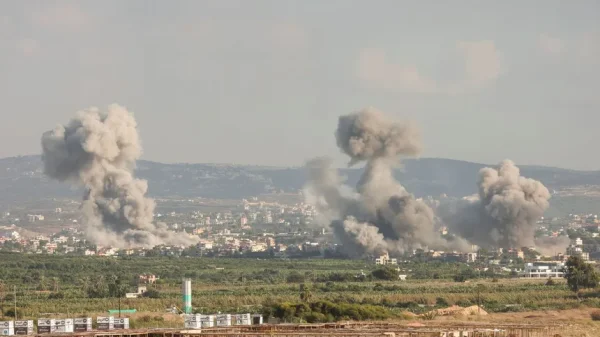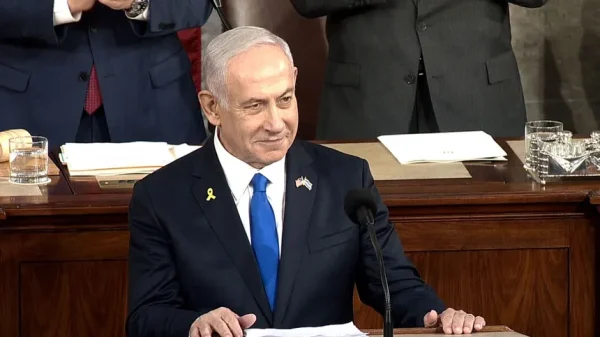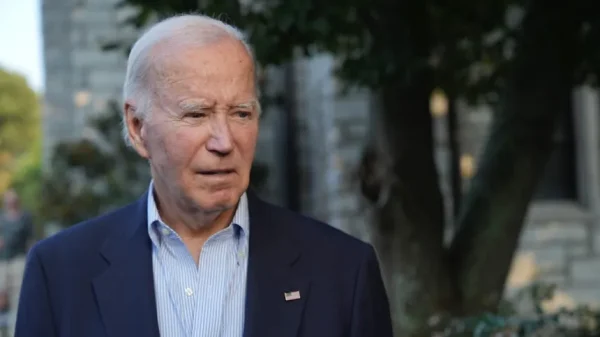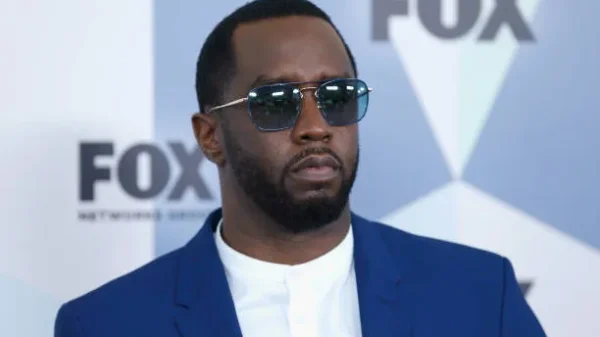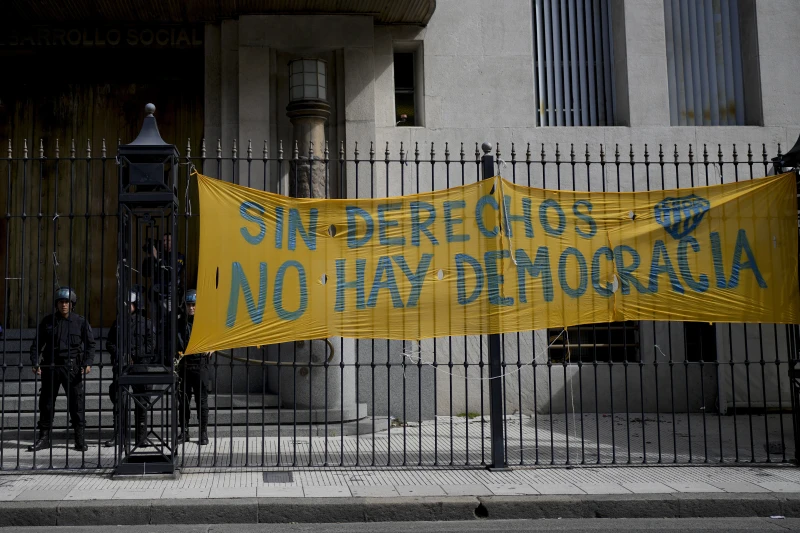When Luana Salva secured her first official job after years of working as a prostitute, she was thrilled.
A law in Argentina that aimed to include transgender individuals in the workforce—unique in Latin America except for neighboring Uruguay—rescued her from the streets of the capital and placed her at the Foreign Ministry last year.
However, shortly after Salva received her initial paycheck, right-wing President Javier Milei took office and began cutting public spending as part of his plan to address Argentina’s severe economic crisis in twenty years. Suddenly dismissed during a wave of government layoffs, Salva said her life started falling apart.
“Our only remaining option is prostitution… and I can’t imagine myself standing on a corner, enduring the cold and violence,” said Salva, 43. “This government doesn’t understand the progress that has been made to make us feel included.”
Salva’s swift change in fortunes reflects the political turbulence sweeping through Argentina.
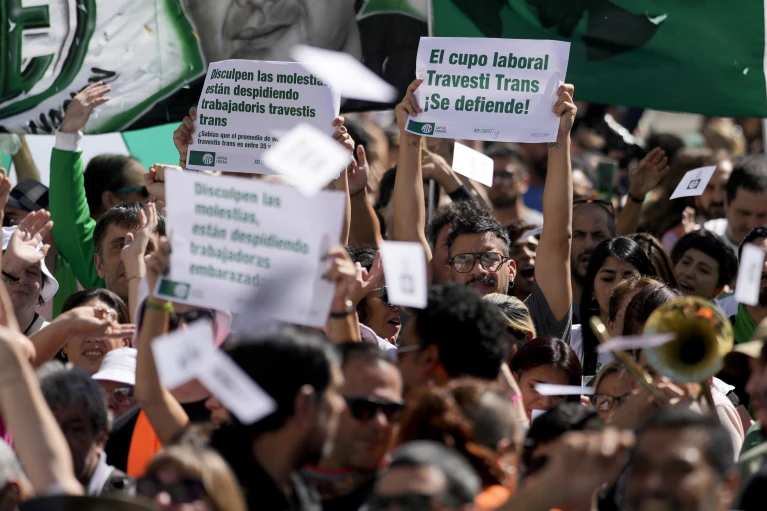
Ariel Heredia holds a sign that reads in Spanish (Via Pablo Winter/Shutterstock)
Previous left-leaning presidents, who implemented some of the most socially progressive policies in the region, have been replaced by a self-proclaimed “anarcho-capitalist” who has become a prominent figure on the global far-right stage due to his outspoken criticism of social justice and efforts to dismantle programs promoting diversity and equality.
“The radical feminist agenda has only led to increased state interference that hinders economic progress,” Milei declared in a speech that received enthusiastic applause at the World Economic Forum in Davos, Switzerland, earlier this year.
Few in Argentina are more angered by Milei’s anti-woke stance than LGBTQ+ activists, who fear that his administration is eroding the advancements they have fought hard to achieve. Since gaining prominence as a bold television personality, Milei has fiercely criticized feminist and human rights movements, denouncing them as promoting a “gender ideology cult.”








